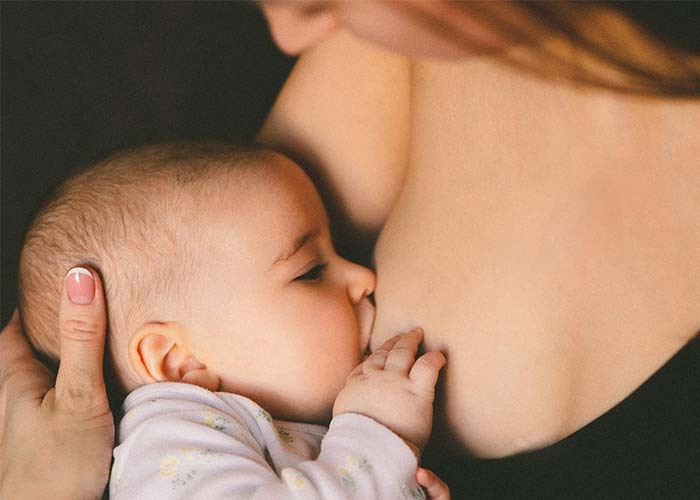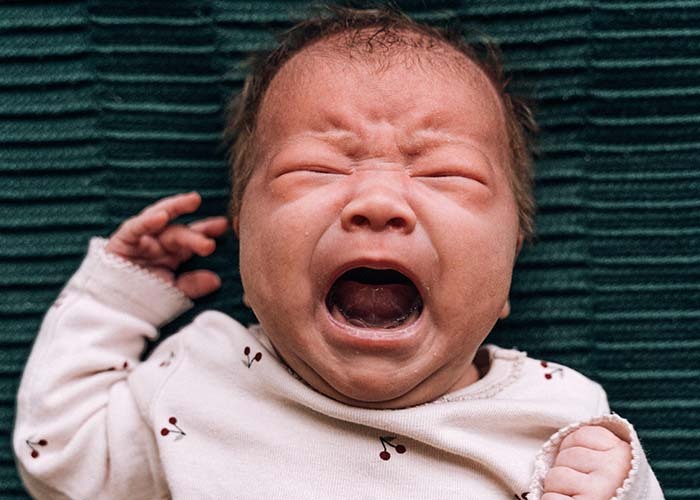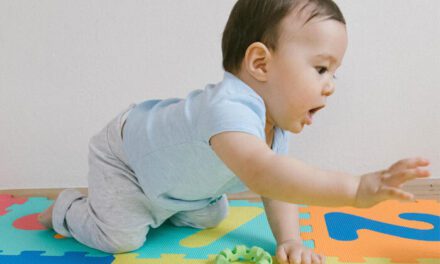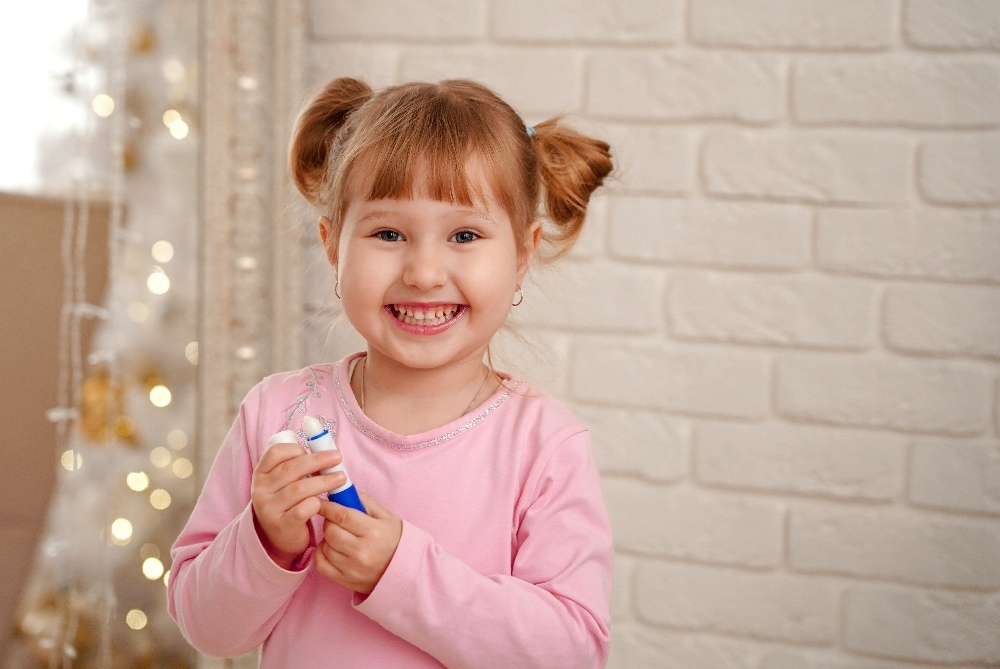Ear infection can be very painful for your baby and can become severe if not treated properly. But you need to remember that they are very common in babies, especially if they catch a cold or flu.
Some of the symptoms of an ear infection include fussiness, ear tugging, fever, and loss of appetite. Most children recover in a few days with rest, plenty of fluids, and medicines recommended by the doctor. However, suppose your baby is only six months or younger and has symptoms in both ears and a very high fever. In that case, you must immediately consult a doctor.
What Is An Ear Infection?
An ear infection is an infection of the middle ear caused by a bacterial or viral infection. The bacteria appear when fluid accumulates behind the eardrum, usually due to a blocked eustachian tube. Children are more vulnerable to these infections than adults. Five out of every six children have an ear infection before turning three.
What Causes It?
As the Eustachian passages of babies are shorter and narrower, they are more sensitive to ear infections than adults. It makes it easier for bacteria to enter the middle ear and fluid to get trapped. This causes ear infections in toddlers.
What Are The Symptoms Of An Ear Infection?
Some of the signs that predict that your baby might have an ear infection are:
- Is continuously trying to pull the ear
- Excessive nasal discharge from the baby’s nose
- Discharge from the ears
- Is irritated and lacks energy
- Sleep disturbance
- Has a very high fever
- Constant crying of the baby for no reason
- Appetite loss
How Is It Treated?
Ear infections in babies are treated by :
- Destroying the bacteria in the middle ear
- Reducing the blockage of the Eustachian tube
- Increasing your baby’s overall immunity
Most doctors will not prescribe antibiotics to treat an ear infection, especially if the condition is mild. In place of that, they will give your baby pain relievers to help them cope with the discomfort. If there is no improvement or the infection becomes severe within the first 2-3 days, your child’s doctor may prescribe antibiotics.
How To Prevent An Ear Infection?
Ear infections are more common after a cold, so keeping your child healthy will help. The key to preventing ear infections is reducing the risk factors that cause them. Following are some steps that you can take to minimize your child’s risk of ear infections.

Breastfeeding can reduce the chances of ear infections in babies.
- Breastfeeding your baby for the first 6 to 12 months of their life will help. Ear infections are reduced by antibodies found in breast milk.
- Vaccinate your toddler against flu and influenza every year.
- Avoid exposing your child to cigarette smoke, which reduces fluid drainage in the ear. Studies show that babies exposed to smoke are more prone to infection.
- Try to wash your hands as well as your child’s hands frequently. It reduces the risk of germs and helps prevent your child from catching fever or the flu.
- Try to isolate your child from their friends if the friend has a fever. Avoid spending time around them as it is an excellent way to prevent catching a fever.
What are the things one should not do?
Following are some points that you should avoid doing:
- If your child’s eardrum has burst, don’t clean it with cotton buds or cotton wool.
- Do not use ear drops unless advised by a doctor or pharmacist.
- If infected, don’t let any liquid get into your baby’s ears until it has healed.
When should I reach the doctor?
You should see a doctor if you see any of the following symptoms in your baby:
- Behind your baby’s ear, there is redness and tenderness.
- You are concerned about your child’s hearing ability.
- You are concerned about your child’s linguistic development.
- You must see a doctor if you see discharge of blood or pus from your baby’s ears.
- According to the CDC (Centres for Disease Control and Prevention), if your baby is under three months old or if the fever is higher than 100.4°F (38°C) or if it is higher than 102.2°F (39°C), then you should consult a doctor.
Conclusion
After visiting the doctor, your child will begin to feel better within a few days. Call your doctor if your child is still sick after several days. Your child may require a different antibiotic. Fluid may remain in the middle ear after the infection has cleared. Still, it usually disappears within three to six weeks. So one must not worry a lot if they are taking proper precautions.






